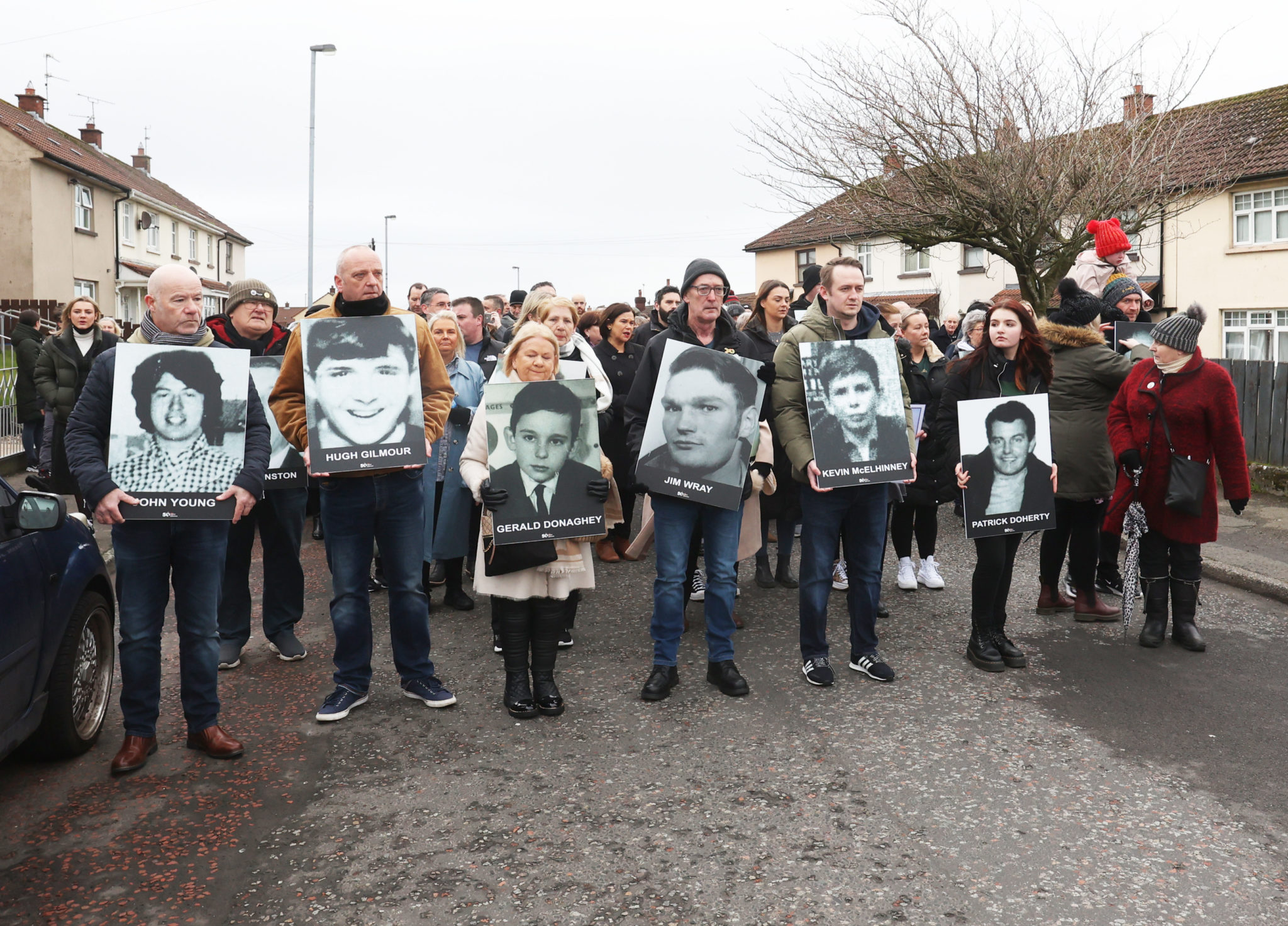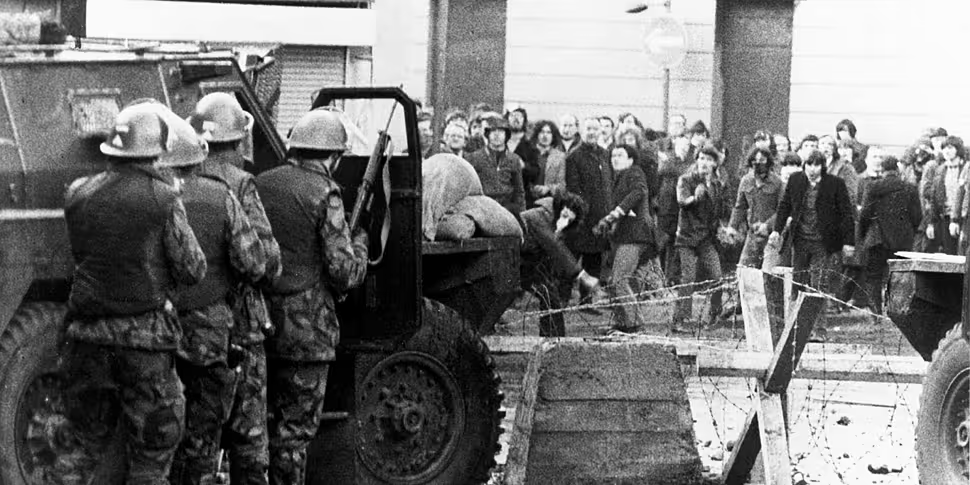Fifteen former British soldiers will not face any charges in connection to allegations they gave false evidence to a Bloody Sunday inquiry, the North’s Public Prosecution Service (PPS) has said.
Neither will a former alleged member of the IRA face any charges.
Thirteen people died in Derry on Bloody Sunday in 1972 - after the British Army opened fire on civil rights demonstrators.
In 2010, the Saville Inquiry concluded none of the dead had posed any threat to the Army and some soldiers had knowingly submitted false evidence during its investigation.
Despite this, the PPS has decided there is "insufficient" evidence to prosecute them successfully for perjury.
"We acknowledge that these prosecutorial decisions will be disappointing to the victims and families involved, and that this may be another difficult day for them,” Senior Prosecutor John O'Neill said.
“We have written to them to explain in detail the reasons for the decisions.
"We would like to provide assurance that these decisions were taken impartially, independently and only after the most thorough and careful consideration of all available evidence and the relevant legal issues."
 Family and supporters of the people shot by British soldiers in Derry for a wreath laying ceremony. Photo:Sam Boal/RollingNews.ie
Family and supporters of the people shot by British soldiers in Derry for a wreath laying ceremony. Photo:Sam Boal/RollingNews.ieJohn Kelly, whose brother Michael died on Bloody Sunday, said the victims’ families were deeply disappointed by the decision.
"Why is it that the people of Derry cannot forget the events of Bloody Sunday, yet the Parachute Regiment, who caused all of the deaths and injury on that day, apparently cannot recall it?” he said.
"The answer to this question is quite simple but painfully obvious. The British Army lied its way through the conflict in the North.
"We consider that today's ruling by the PPS is an affront to the rule of law and a continuation of the injustice that was perpetrated on Bloody Sunday."
One of the 15 veterans, Soldier F, is due to stand trial for the murder of James Wray and William McKinney.
Main image: Bloody Sunday.









